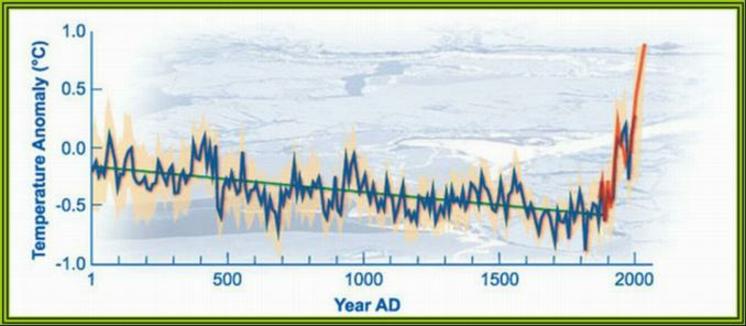By Matt Walker, Editor, Earth News
The wolverine, a predator renowned for its strength and tenacious character, may be slowly melting away along with the snowpack upon which it lives.
Research shows wolverine numbers are falling across North America. Their decline has been linked to less snow settling as a result of climate change. The study is the first to show a decline in the abundance of any land species due to vanishing snowpack.
Details of the wolverine's decline are published in Population Ecology.
The wolverine lives in boreal forest across Scandinavia, northern Russia, northern China, Mongolia and North America, where it ranges mostly across six provinces of western Canada.
The Wolverine is the largest member of the weasel family. It eats carrion and food it hunts itself, including hares, marmots, smaller rodents and young or weakened ungulates. It has evolved for life on the snowpack, having thick fur and outsized feet that help it move across and hunt on snow.
Striking trend
Wildlife biologist Dr Jedediah Brodie of the University of Montana, in Missoula, US, wondered how climate change might be having an impact on snowpack levels, and on the animals that depend on it. He had previously researched how declining levels of snow in the US Yellowstone National Park, caused by climate change, was changing the abundance of alpen trees and how elk feed on them.
Dr Brodie and his colleague, Professor Eric Post of Pennsylvania State University, at University Park, US, gathered data on snowpack levels across six provinces of Canada: Alberta, British Columbia, Manitoba, the Northwest Territories, Saskatchewan and the Yukon Territory.
In all bar the Yukon, he found that snowpack depth declined significantly between 1968 and 2004. Other studies have shown corresponding rising temperatures and declining precipitation across much of the western US.
Wolverines are the largest terrestrial members of the weasel family, weighing about 10-25kg. As adaptations to living on snow, they have short legs, outsized feet, stocky bodies and thick, extremely warm fur
Reindeer herds around the world are also in decline as a result of industrial development and climate change, but as yet, these declines have not specifically been linked to declines in snow cover
"It occurred to me that a good first place to look for ecological impacts of that snowpack decline would be with a snow-adapted species like the wolverine," Dr Brodie told the BBC.
"Fortuitously, Canada has good records of both snowpack trends over time as well as trends in the harvest of all sorts of fur-bearing animals." So Dr Brodie and Professor Post examined the records of wolverine numbers caught by fur trappers over the same period.
They found a striking correlation between declining snowpack and falling numbers of the predator.
"In provinces where winter snowpack levels are declining fastest, wolverine populations tend to be declining most rapidly," the researchers wrote in the journal article. "Spring snowpack also appears to influence wolverine population dynamics."
The researchers found only one province, the Northwest Territories, where wolverine numbers are increasing. There, snowpack levels are declining but they remain much higher and less variable than in most other provinces.
Welcome to By 2100!
This Blog is designed to be a Diary of Events illustrating Global Climate Change, and where it will lead.
Commentary is encouraged, but this Blog is not intended for discussion on the Validity of Climate Change.
Category Labels
- Climate Events (85)
- Climate Solutions (45)
- Videos (42)
- Climate Statistics (39)
- The Deniers (34)
- Humour (15)
- Basic Information (5)
Subscribe to:
Post Comments (Atom)
www.know-the-number.com
Our Climate is Changing!Please download Flash Player.

No comments:
Post a Comment